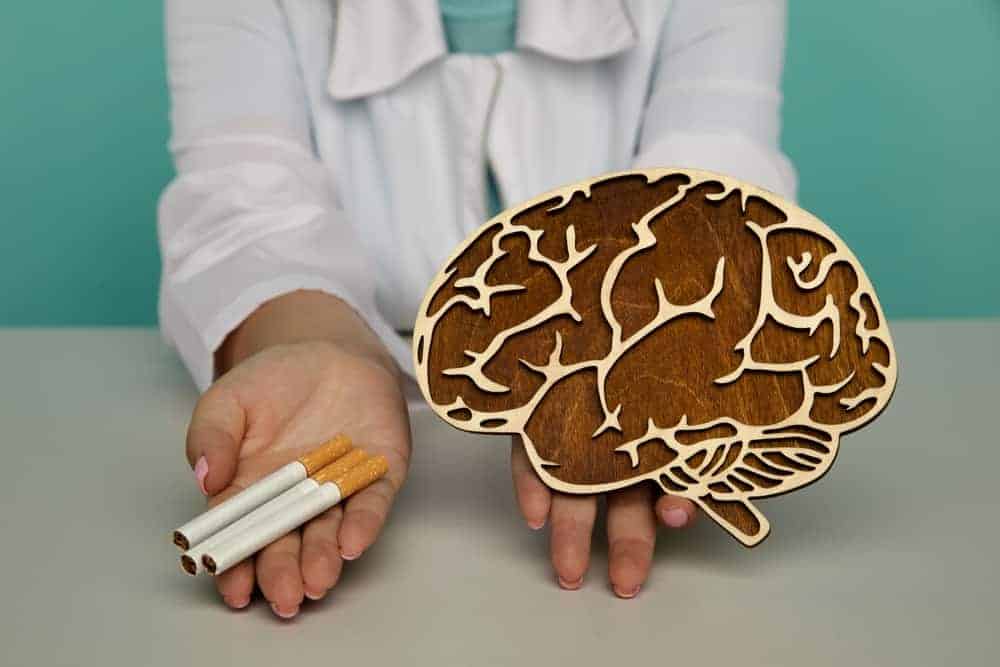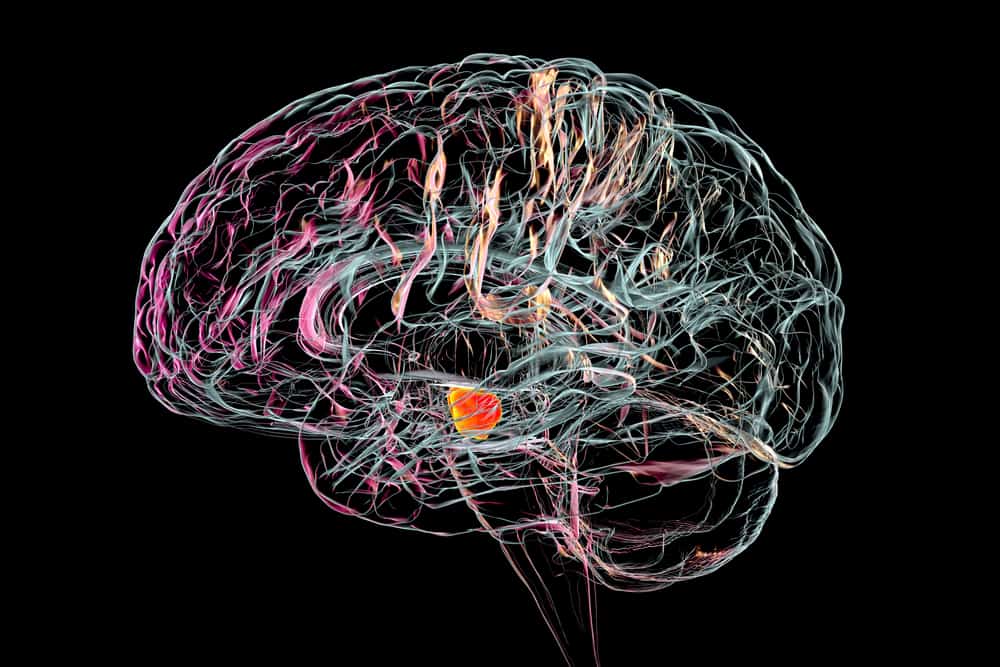Enabling Early Detection for a Healthier Brain



Current Diagnostics Miss Early Detection
Leading to Long Wait Times for Treatment Decisions
2,000
20
70+
Advancing Early Detection for
Faster, More Effective Intervention
The aim of Altoida’s groundbreaking NeuroMarker Platform is to empower clinicians with real-time insights during a single office visit. Using machine learning and augmented reality to simulate instrumental activities of daily living (iADL), it is designed to detect the earliest signs of cognitive impairment. Developed for faster diagnosis, this platform is intended to help healthcare providers intervene sooner, giving millions of patients a better chance at receiving timely, effective treatment.
Pioneering
Early Detection in Cognitive Health
Our NeuroMarker Platform is built on two decades of rigorous, peer-reviewed clinical research and scientific validation. Through numerous clinical studies, it has been proven to be highly effective in identifying MCI and early signs of Alzheimer’s disease, our proprietary technology also has potential applications for other related dementias. Founded on robust clinical insights and continuous evidence generation, our mission is to empower healthcare providers with the tools they need to make earlier, more informed decisions in patient care.
Proven: Early & Accurate Detection of Prodromal Alzheimer's Disease
The Vital Role of Diagnostics in
Advancing Alzheimer's Research
Explore recent studies that highlight how innovative diagnostics are driving breakthroughs in Alzheimer's diagnosis and treatment.

Cognitive Decline vs. Dementia: Common Misconceptions

Patients Ask: What Are the Causes of Parkinson's Disease?

Smoking and Dementia: Exploring the Studies

Patients Ask: How Common Is Parkinson's Disease?

Managing Behavioral & Personality Changes With Dementia

